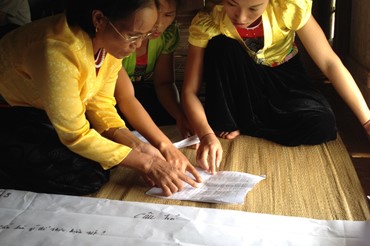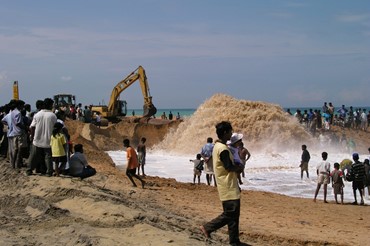Promoting gender equality and creating more opportunities for women
As part of its second government plan to give women and men in the country equal opportunities in the labour market, Morocco has committed to increase female participation in the workforce to 30% by 2026. With support from the European Union, NIRAS was tasked to evaluate this plan (Concerted Initiatives for the Strengthening of the Achievements of Moroccan Women II). The plan’s broad development approach for socioeconomic equality focused on – among others – the employability and empowerment of women, their rights in relation to the family and as citizens more generally, fighting gender discrimination, and integration of gender in all government policies and programmes.
Throughout the evaluation, NIRAS expert Dr. Jeanne-Marie Layoun and her team developed various tools, organised support activities such as workshops and produced materials for the Interministerial Technical Committee in close coordination with public and private stakeholders and the Ministry of Solidarity, Women, Family and Social Development.
Minister Aawatif Hayar welcomed the evaluation when the Ministry’s Women's Empowerment Unit Abdelilah Hmidouche presented it at the end of last year found the recommendations to be very informative and relevant to the formation of government’s forthcoming National Plan for Equality.
Following on from this important project, NIRAS recently won the contract to implement AFD’s Gender Framework Agreement with multiple countries, including Morocco. We are excited to begin work on this important project.














